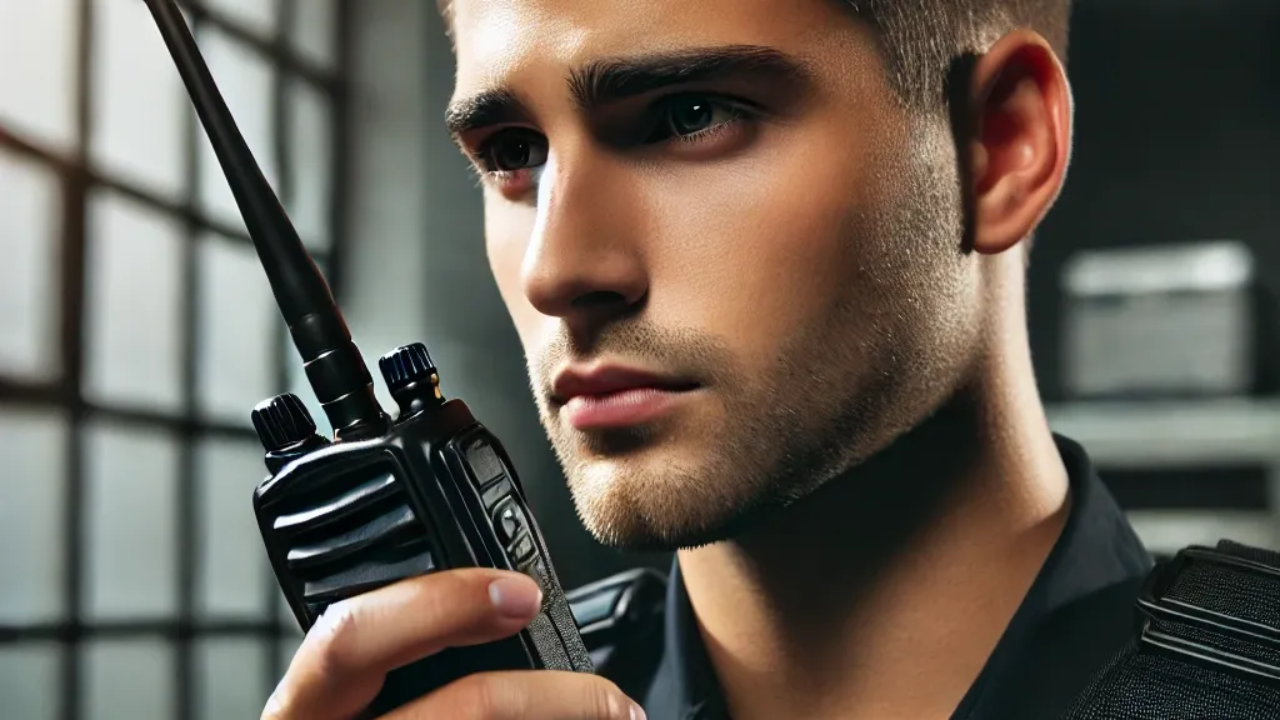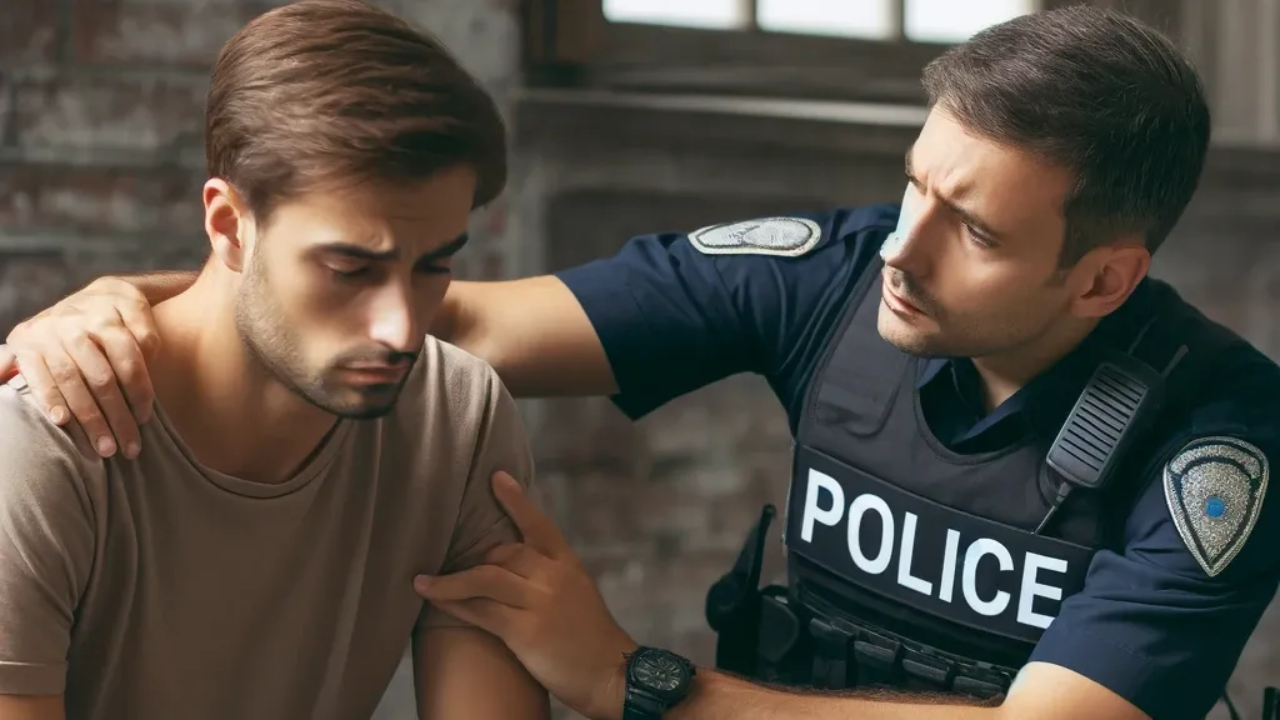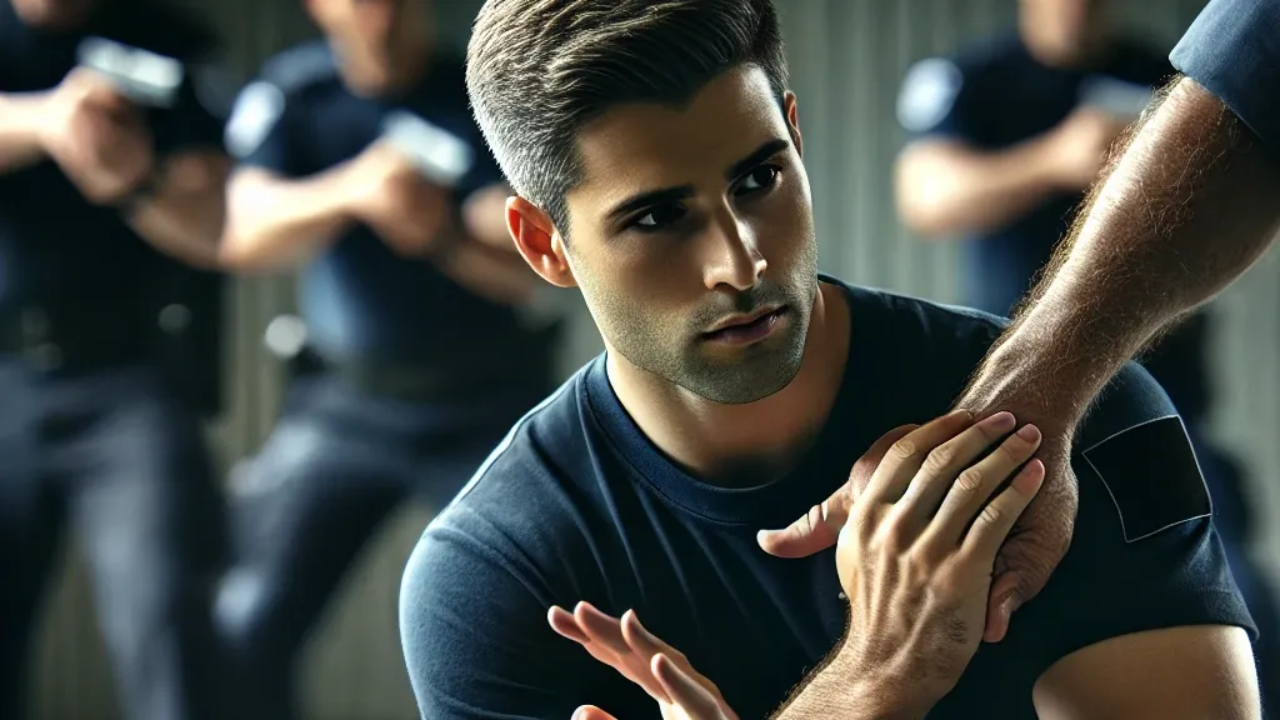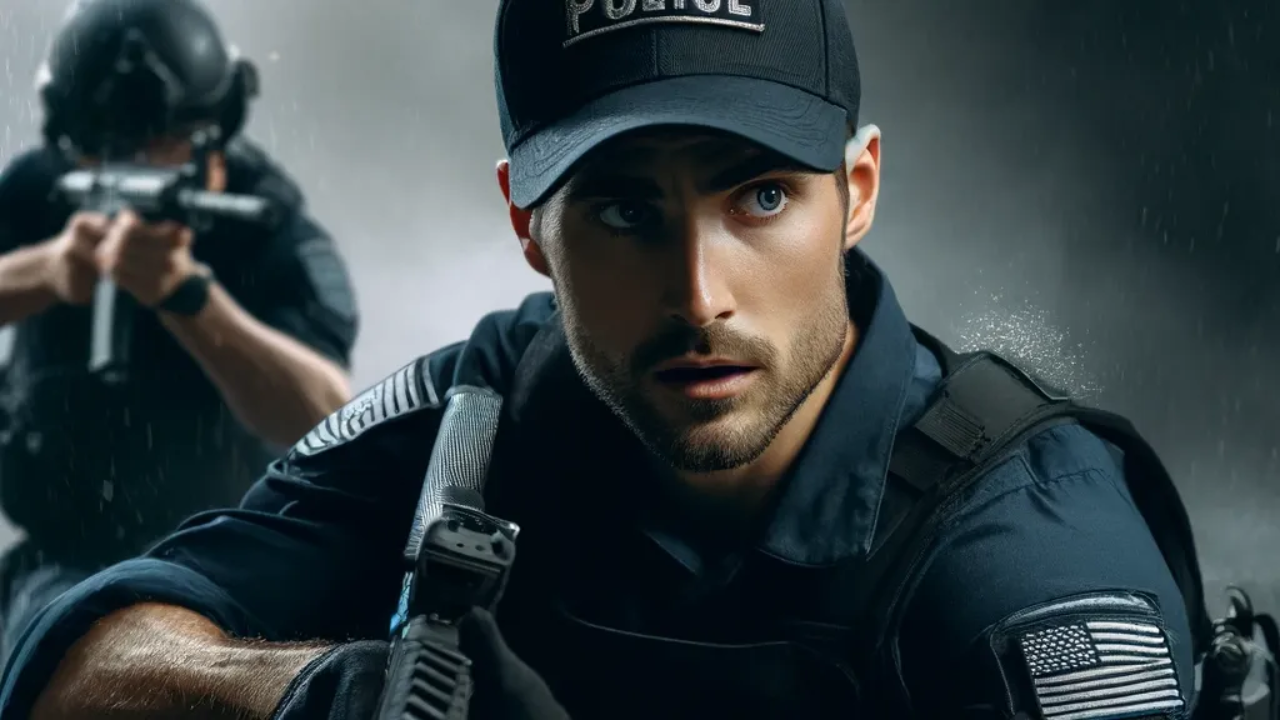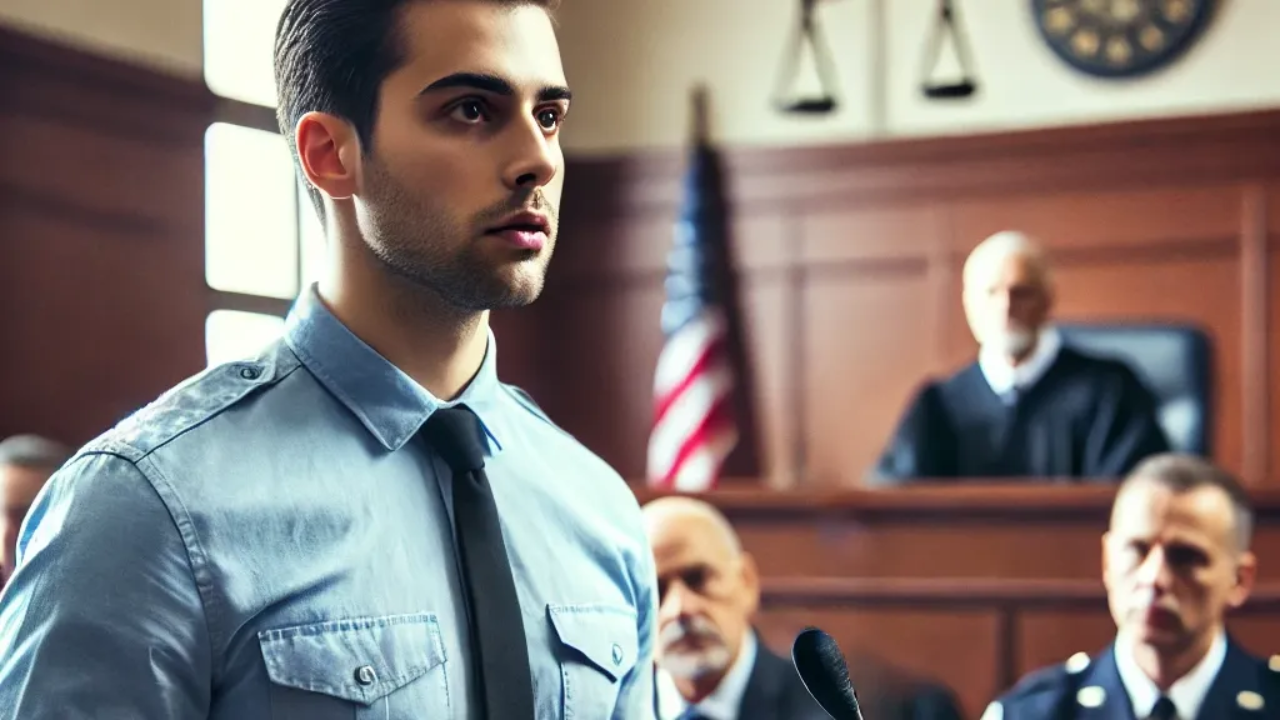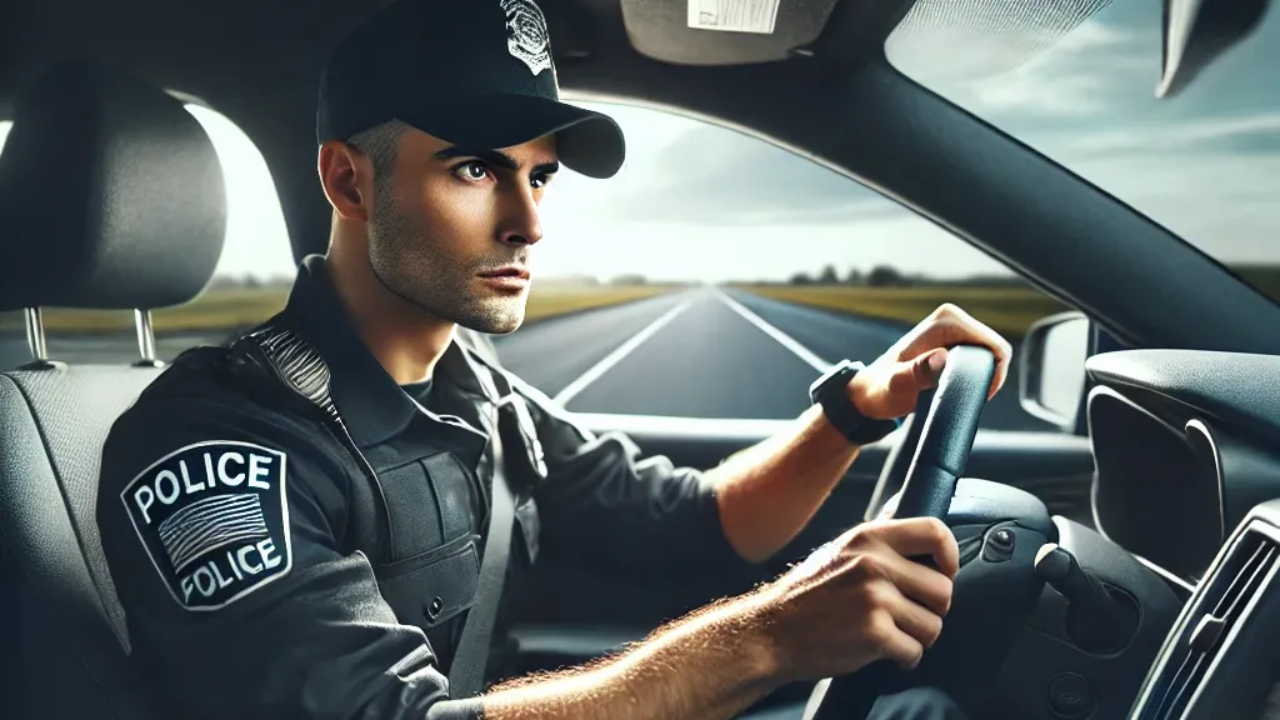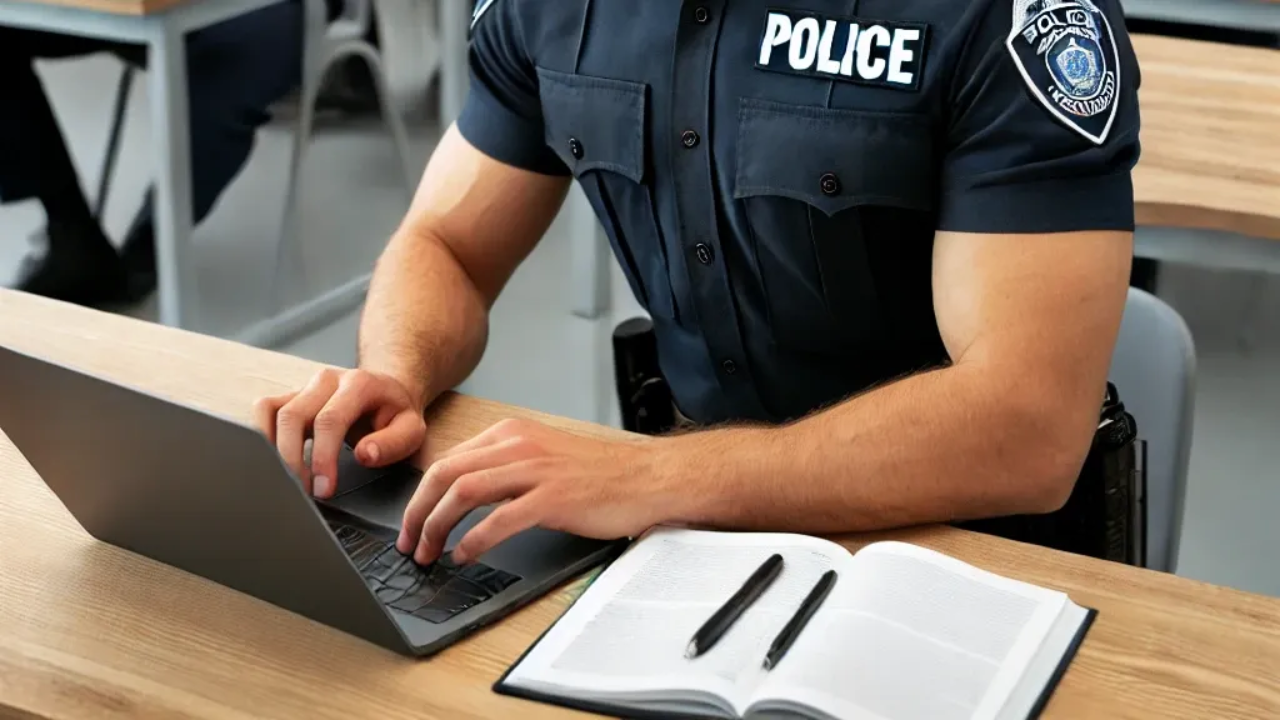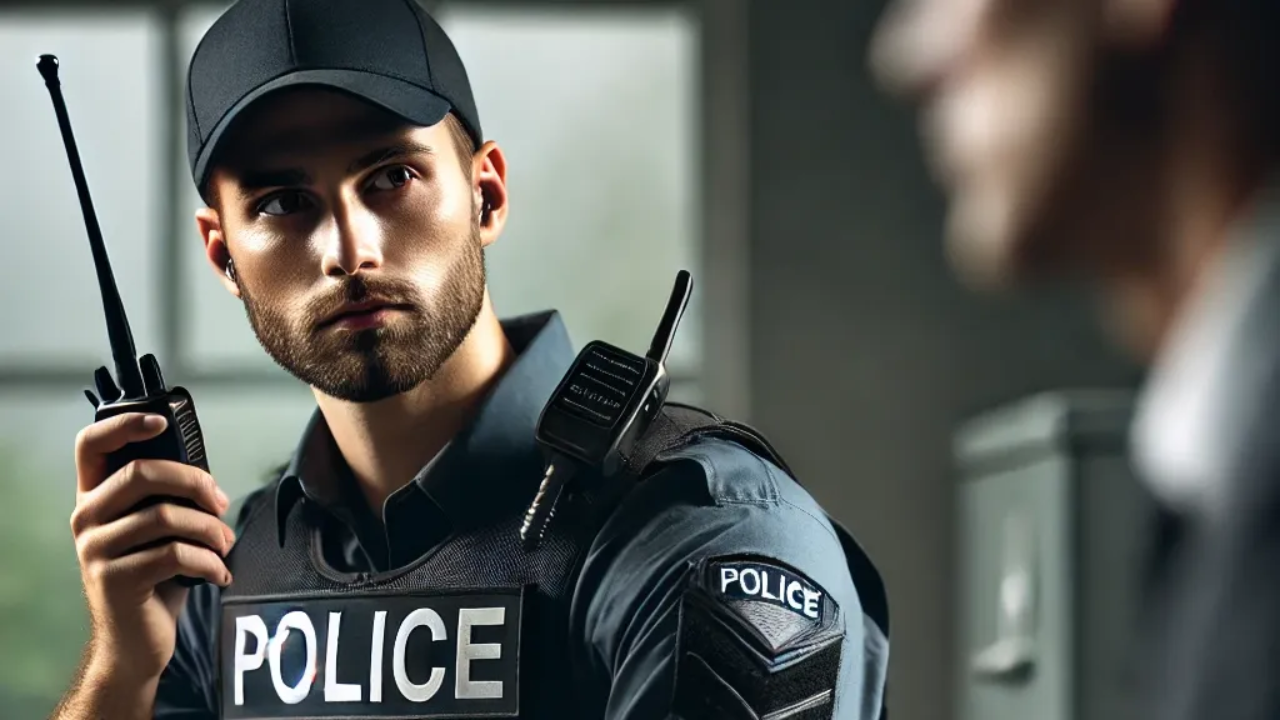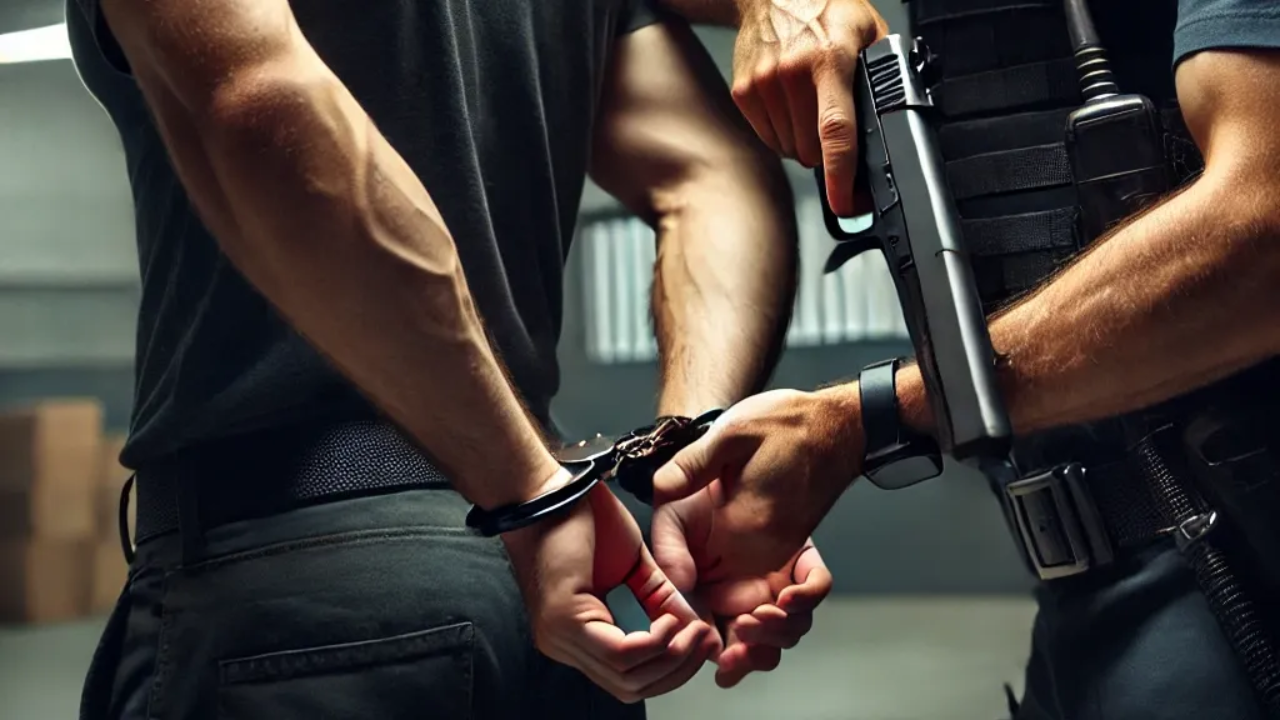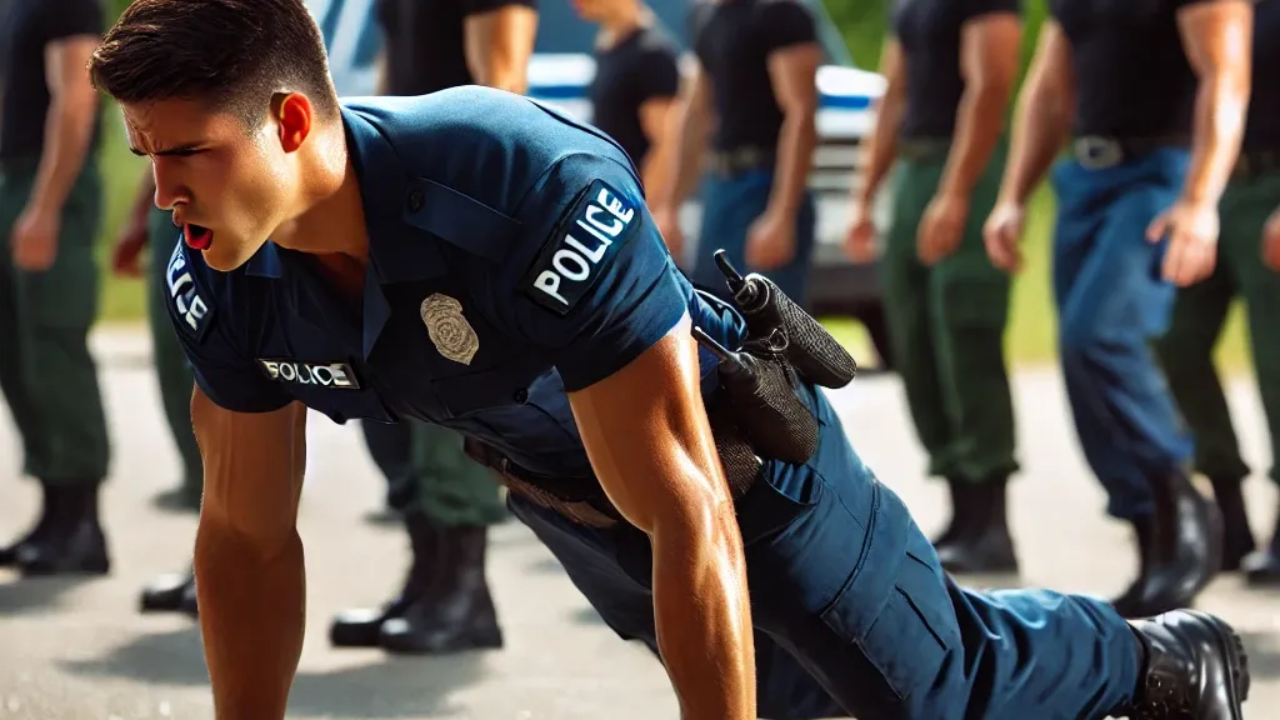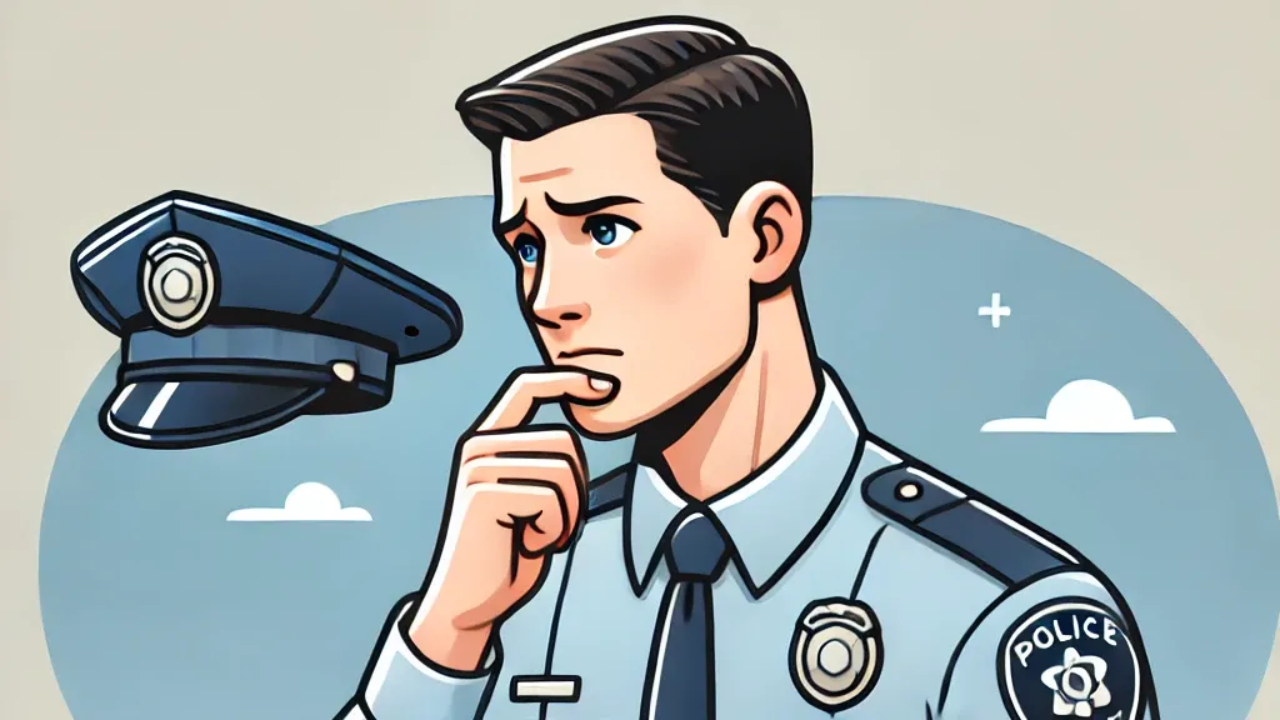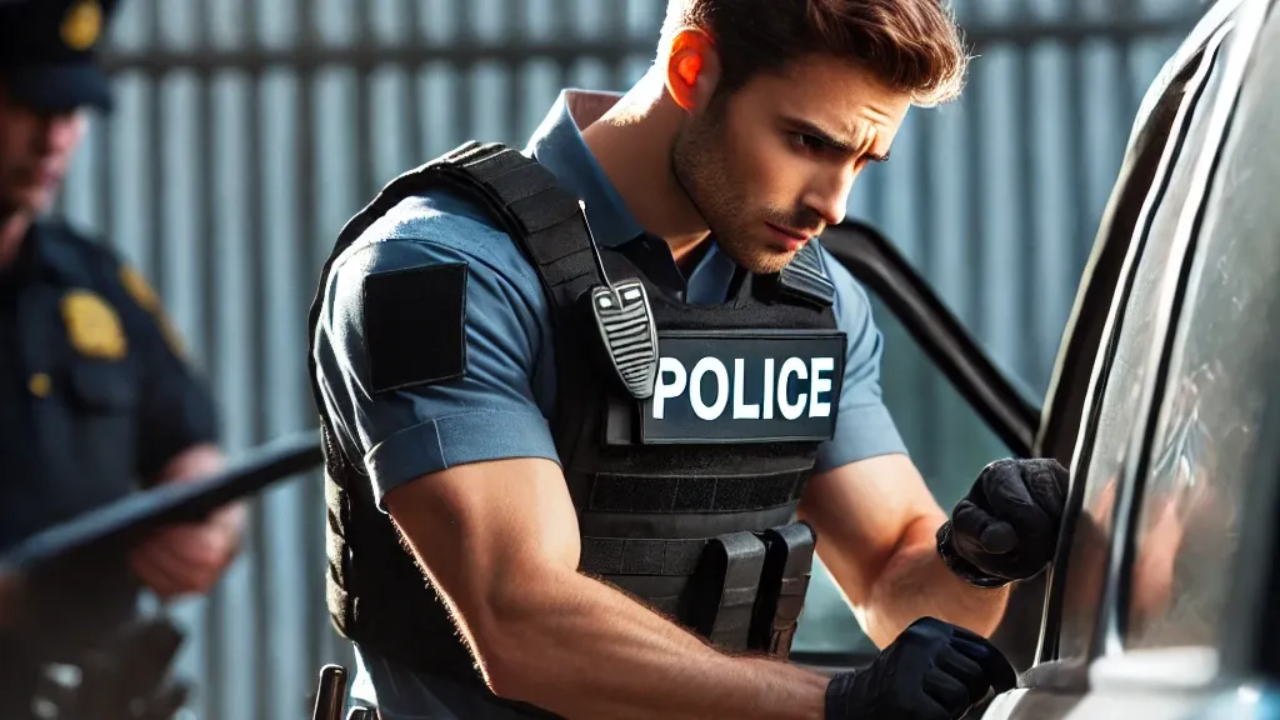In the fast-paced world of policing, clear communication isn’t just helpful—it’s critical. That’s why mastering radio codes and call signs is a must for every recruit. Precision, speed, and clarity are the foundation of effective teamwork and officer safety. Get the codes wrong, and you could cause ...
In the field, words can be your first—and best—line of defense. Verbal de-escalation training teaches police recruits how to calm tense situations, gain compliance, and reduce the need for physical force. Mastering communication skills isn’t just about keeping the peace—it’s about protecting lives, ...
The ability to protect yourself—and others—without excessive force is what sets great officers apart. That’s the heart of defensive tactics training in the academy. Recruits learn how to control combative individuals with confidence, restraint, and technique, rather than brute strength. It’s not abo...
Split-second choices can define a career—and save a life. That’s why use of force decision-making is one of the most intense and vital parts of police academy training. Recruits learn how to assess threats quickly, respond proportionally, and justify every action taken. The goal? Protect the public ...
The badge doesn’t stop working when the arrest is made—it follows you all the way to the witness stand. That’s where courtroom testimony training comes in. Police recruits are taught how to present facts clearly, stay composed under cross-examination, and maintain credibility in front of judges and ...
When the lights go on and the siren blares, adrenaline spikes—but that’s not when you learn to drive. That’s when you rely on the training you’ve already mastered. Emergency Vehicle Operations Course (EVOC) is where recruits learn how to drive fast, think faster, and stay safe under pressure. It’s n...
Policing isn’t just boots and badges—it’s also pens and paper (or keyboards). Every call, arrest, and encounter hinges on proper documentation. That’s why report writing is one of the most critical—and underestimated—skills you’ll sharpen in the academy. Strong reports don’t just tell a story—they p...
When every second counts, clear radio communication can mean the difference between success and disaster. Police academy radio communication training teaches recruits how to be concise, calm, and effective under pressure—because the radio is more than just a mic, it’s a lifeline. Here’s how to make ...
In law enforcement, control without unnecessary force is the goal. That’s why handcuffing and restraint training is a cornerstone of police academy instruction. It teaches recruits how to secure individuals safely, legally, and effectively, even under pressure. Here’s how to lock in this skill with ...
You can have the sharpest mind and strongest moral compass, but if your body isn’t ready for the job, the streets will expose it fast. Police academy physical fitness training isn’t just about looking fit—it’s about building the stamina, strength, and resilience needed to survive and serve. Here’s h...
Being a police officer isn’t just about what you do—it’s about how you do it. Ethics and integrity training is one of the most important aspects of academy life, shaping recruits into professionals who uphold the badge with honor. In a world where every move is scrutinized, officers must lead with t...
Search and seizure isn’t just a legal topic—it’s a daily reality for officers. Knowing what you can search, when you can seize, and how to do it legally is essential to protecting citizens' rights and ensuring your cases hold up in court. In the academy, recruits are trained to master the balance be...
